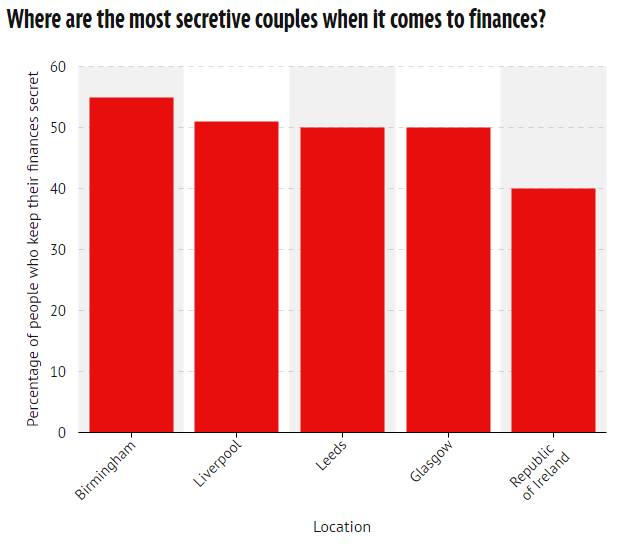I’ve struggled with a lot of self-doubt, this month. Like most young women, worrying about my appearance and self-worth takes up a great deal of my mental energy.
One night, (like any sad Millennial up past her bedtime) I found myself looking to Google for validation. I searched ‘self-love,’ hoping to find some permission, somewhere, to embrace it myself. And then, it happened. The miracle. I actually found what I was looking for.
Meet your new Patron Saint of Self-Love: Brie Larson.
Brie’s Instagram and Twitter accounts have become beautiful channels for her to celebrate self-love and practice compassion, one funny caption at a time.

Before now, I couldn’t imagine Brie Larson having bad days. I mean, she’s fabulously talented, beautiful, and successful. But even the most glamorous celebrities look bad from time to time, because they’re human – and a lot of them pay other people to make sure this doesn’t ruin their ‘public image.’ But Brie’s image, public or otherwise, is 100% herself.
I hate to say it… but in today’s Hollywood, loving yourself is a brave thing to do.
As women, famous or not, it can be hard to appreciate ourselves as we are. After all, we live in a society that profits from our self-doubt. We are taught to monitor our imperfections constantly and do our best to conform to whatever beauty ideal is hot at the moment. But perfection is a losing battle. Even supermodels needs stylists, makeup artists, personal trainers, and fashion designers who are paid to make them look flawless – and that’s before photo shop!
Nobody is perfect, not even those whose livelihoods rely on the illusion that they are.
SO, instead of obsessing over unreachable goals, let’s rebel and love ourselves. Instead of ogling somebody’s “cellulite” in a paparazzi photo, how about we gush over public figures that actually inspire us?

